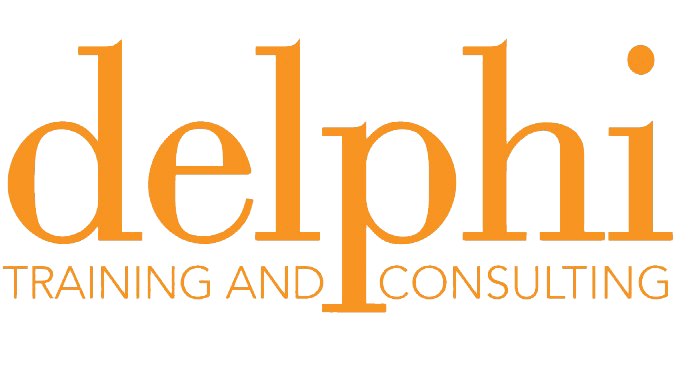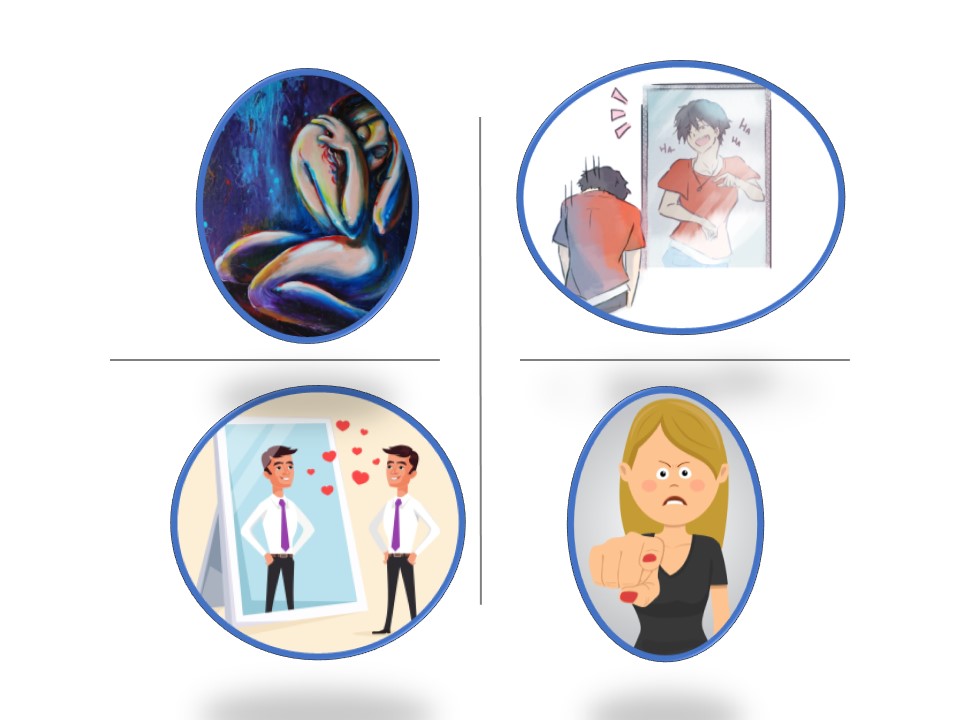
Join our NETWORK
Get all latest news, event updates and access to resources & information.

$330.00 Original price was: $330.00.$305.00Current price is: $305.00.
Student Price will be calculated at checkout. Please make sure have regsitered for a student account and are logged in.

Martin Dorahy, PhD
Martin Dorahy, PhD, DClinPsych, is a clinical psychologist and professor in the Department of Psychology, University of Canterbury, Christchurch, New Zealand. He has a clinical, research and theoretical interest in complex trauma, dissociative disorders and self-conscious emotions (e.g., shame). He has published peer-reviewed journal articles and book chapters, and co-edited five books in the area of psychotraumatology, including most recently, Dissociation and the Dissociative Disorder, 2nd Ed (with Steve Gold and John O’Neil).
Martin is a member of the New Zealand College of Clinical Psychologists, New Zealand Psychological Society, and the New Zealand Association of Psychotherapists. He is a Fellow and Past President of the International Society for the Study of Trauma and Dissociation (ISSTD). He maintains a clinical practice, focused primarily on the adult sequelae of childhood relational trauma. He enjoys snow skiing and mountain biking and would like to be much better at both!
Naomi Halpern, CQSW, Grad Cert Human Rights
Naomi provides clinical consultation for complex post-traumatic stress, dissociative disorders and related impacts of childhood developmental trauma and abuse, for mental health professionals working with adult victim / survivors of intergenerational trauma, gender-based violence, and other trauma. She has a wealth of experience working with people across socioeconomic groups, faiths, and sexual orientation.
She is a consultant and trainer for law firms, providing trauma informed training and supporting lawyers’ mental health and wellbeing. Since 2009, Naomi has been an external consultant to the United Nations developing and delivering a broad range of trauma informed programs to personnel in missions and duty stations around the world.
A skilled speaker and trainer, Naomi has presented training about complex and developmental trauma, vicarious trauma, resilience building and workplace wellbeing through Delphi and United Nations, in-person and online across all Australian States and Territories – Africa – Denmark – Germany – India – Italy – Lebanon – New Zealand – Romania – Thailand – United States.
Naomi is a Fellow of the International Society for the Study of Trauma and Dissociation. And co-author with Dr Colin A. Ross, (2009) Trauma Model Therapy: A Treatment Approach for Trauma, Dissociation and Complex Comorbidity, Manitou Inc.
Naomi acknowledges that Martin surpasses her at snow skiing and mountain biking!
Attachment trauma, shame and dissociation form a complex triangulated relationship. Dissociation and shame are typical responses to attachment trauma. When shame is activated, it will often trigger a dissociative reaction and vice-versa. Shame is both destabilizing and paradoxically, a means of regulating or defending against other emotions, such as rage and grief. It can be an affect regulator, and simultaneously extremely dysregulating. Dissociation often has a similar paradoxical function, being a regulatory process and dysregulating.
Shame is inextricably bound with childhood defences, the locus of control shift and ambivalent attachment to the perpetrator. While these dynamics are developmentally appropriate for children, allowing them to maintain important attachment relationships, create an illusion of power where there is none, and protect Self from overwhelming affect, they become entrenched and keep the adult client stuck. We cannot talk about shame without shame being activated, often within the therapist as well as the client. Therapists may inadvertently collude with client’s avoidance of approaching shame. Shame is complex, messy, painful and inordinately difficult for clients to work with therapeutically.
In this workshop Naomi and Martin will outline the connection between shame and dissociation in complex trauma. They will explore the four faces of shame: withdrawal, attack self, avoidance and attack others, and how these shame states present.
Case examples will be utilised to illustrate the concepts presented, with therapeutic approaches suggested to assist clients to transform shame-based defences and address underlying attachment and betrayal trauma.
Participants will be able to:
Delphi Training and Consulting acknowledges Aboriginal and Torres Strait Islander Peoples as the Traditional Owners and Custodians of the lands and waters which we share. We pay our respects to Elders past, present and future. We acknowledge and recognise it is the oldest living culture in the world and that sovereignty has never been ceded. It always was and always will be Aboriginal land.


Delphi is an inclusive and safe organisation. We respect, celebrate and support diversity, the inclusion of children, young people and adults from LGBTQIA+ communities, people with disabilities, people from CALD backgrounds and people with diverse religious beliefs or affiliations.


Get all latest news, event updates and access to resources & information.
Fill in the form below to generate your student account, if you already have an account please contact Delpi Training & Consulting directly